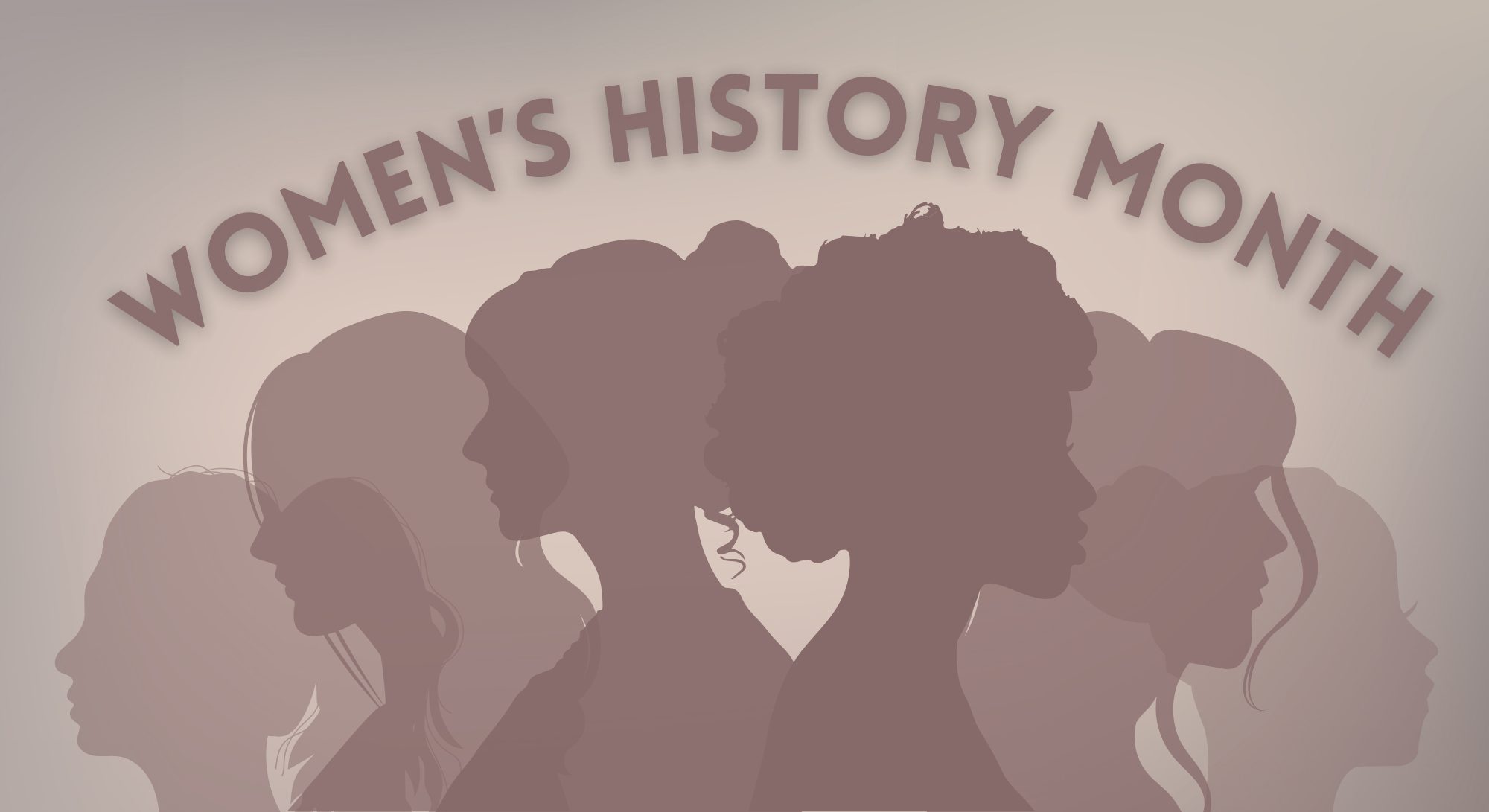We celebrate Women’s History this month with the theme of “Women Who Advocate for Equity, Diversity and Inclusion.”
This theme is important to campus because one of Utah Tech University’s pillars is inclusion and making everyone feel safe and seen. This celebration used to be one week during the year and started as a local event in Santa Rosa, California. Throughout time, many other states made their own Women’s Week. This grew into something bigger and turned into a full month.
The Students United for Reproductive Freedom Association at Utah Tech is a group of students who work with planned parenthood to be able to show and give support to young women and their reproductive rights. They also give many opportunities for people to go to their meetings and learn about their rights as women and to make choices for themselves.
Nimae Adamson, president of the SURF club, said: “Women’s history is so important to learn because we can do big important and powerful things. We’re not just supposed to be on the side helping support men. We did big important powerful things, and we will continue to do so.”
The Multicultural Inclusion Student Association is a group that works to make a safe and inclusive space for students on campus. Amira Hassan, president of MISA, said it is like a “home away from home.” Her team is mostly women and the executive team is all women.
“As a woman, all I want to be is heard and seen for what I actually am and receive the same opportunities as my male peers,” Hassan said. “I hope to see more women believe in themselves and believe that they are allowed to make big moves in our world.”
This association has given her the chance to feel comfortable expressing herself as a woman and the struggles that can come with that while getting support from those around her.
Tasha Toy, the senior equity and inclusion officer, works to make sure students and faculty on campus feel they have a place to feel safe and welcome enough to be themselves. She said she is elated to see young women who are finding leadership roles in organizations, clubs, student governments and more organizations across campus. She wants young women to not limit themselves and not be afraid to try new things.
Toy, said, “You [women] are able to be who you are in your authentic self, so make sure that you know that and do not limit yourself.”
Young girls are being taught that they should have every right that a man does. July 1848 was when the first women’s rights convention was organized. Many women in the years to come put their efforts forward. On Aug. 18, 1920 women were finally given the right to vote.
Women such as Rosa Parks who fought for black women’s equality, Amelia Earhart who was the second person to fly solo across the Atlantic, or Susan B Anthony who was the president of the National Woman’s Suffrage Association are just a few key examples of what women can and have accomplished.
“Too often the women were unsung, and sometimes their contributions went unnoticed. But the achievements, leadership, courage, strength and love of the women who built America were as vital as that of the men whose names we know so well,” President Jimmy Carter said in his message designating March 2-8, 1980 as National Women’s History Week.
This month is an accomplishment for everyone to be able to see how far women and their rights have come. Over a hundred years ago, women were unable to vote for who their leader in the country was going to be, and now women are running for office in an effort to continue changing the norms.




